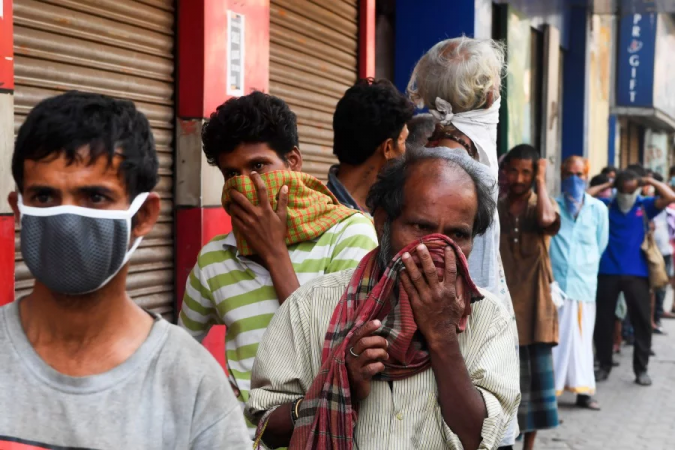Google uses user location data for tracking stores, parks, and public places to show places that are and aren't complying with stay-at-home orders. COVID-19 mobility reports by Google gathers location data from smartphones to help public health officials understand people's movements with regards to the pandemic.
Community Mobility Reports – Google's Initiative to Curb the Spread of COVID-19
According to Google, the communities have responded to the COVID-19 pandemic by practicing social distancing measures and following other public health strategies to slow the transmission.
The search engine giant uses data from the people who have stored their location history for the app to illustrate people's adherence to the government's instructions of staying and working from home.

The company, therefore, uses the cluster of anonymized data that shows local business trends when they tend to be most crowded. This information can help public health officials make critical decisions that will be useful in combating the spread of the disease.
These reports can be viewed by anyone which cover 131 countries to start. In some locations, users can also get more localized information such as provinces, counties, and specific geographic areas. Once the user selects the specific location, Google displays the data in PDF format. These reports are easily downloaded and can be shared with other workers in the department.
A step in the right direction

The move comes after the government agencies asked technology companies to help health officials with data to aid in controlling coronavirus spread. Several mobile advertising companies are already sharing the aggregated and anonymized data to help the officials understand the spread of the disease and take appropriate actions.
Facebook has also provided similar data to academic researchers.
Google, on the other hand, intends to use this program to help public health officials prioritize and expedite their actions as per areas in greater need.
Data and its limitations
Even though the location data is being used aggressively by certain countries to curb the movement of quarantined citizens, the California based company reveals that the data does not include any personally identifiable information.
At the same time, Google's location data is not structured enough for contact tracing or determine if someone has been within 6ft of an infected person.
Google plans to update its data in the future, but for now, the companies and authorities must use these reports with a grain of salt.

















